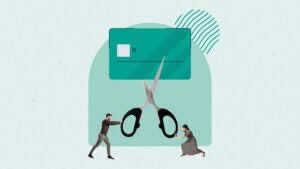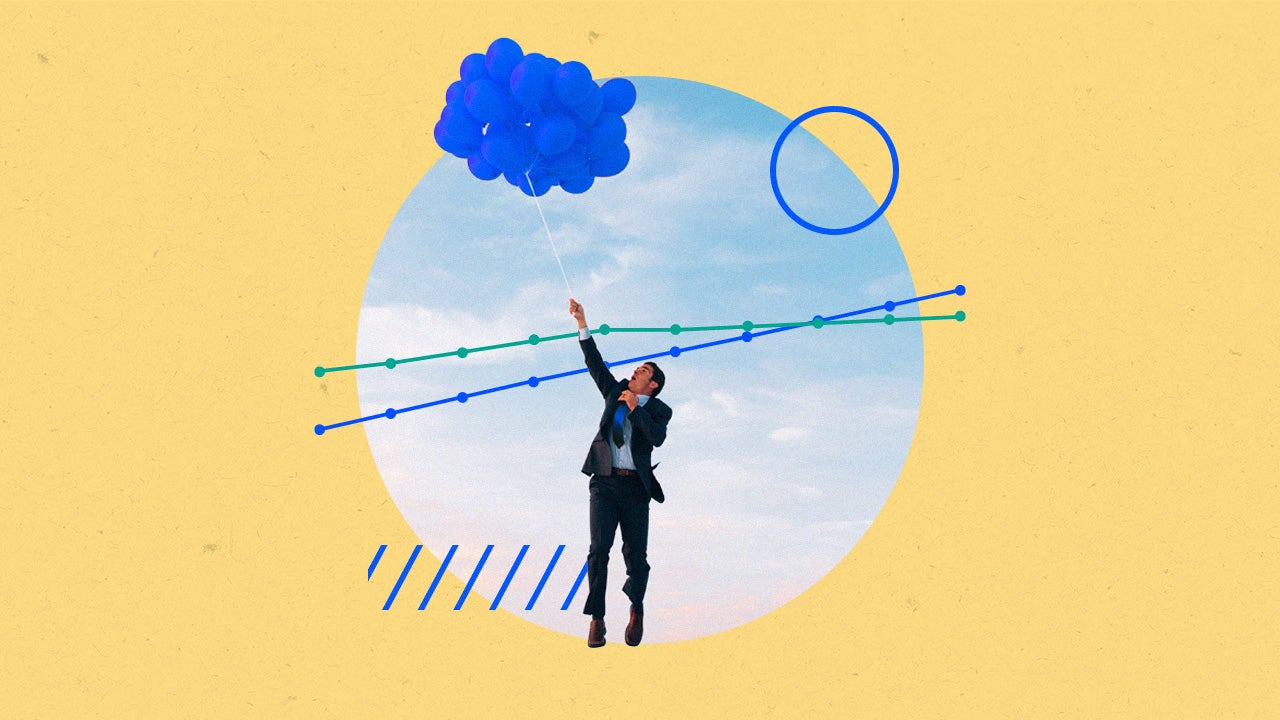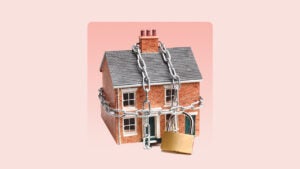Is the U.S. economy in a recession or depression? Here’s what top economists say
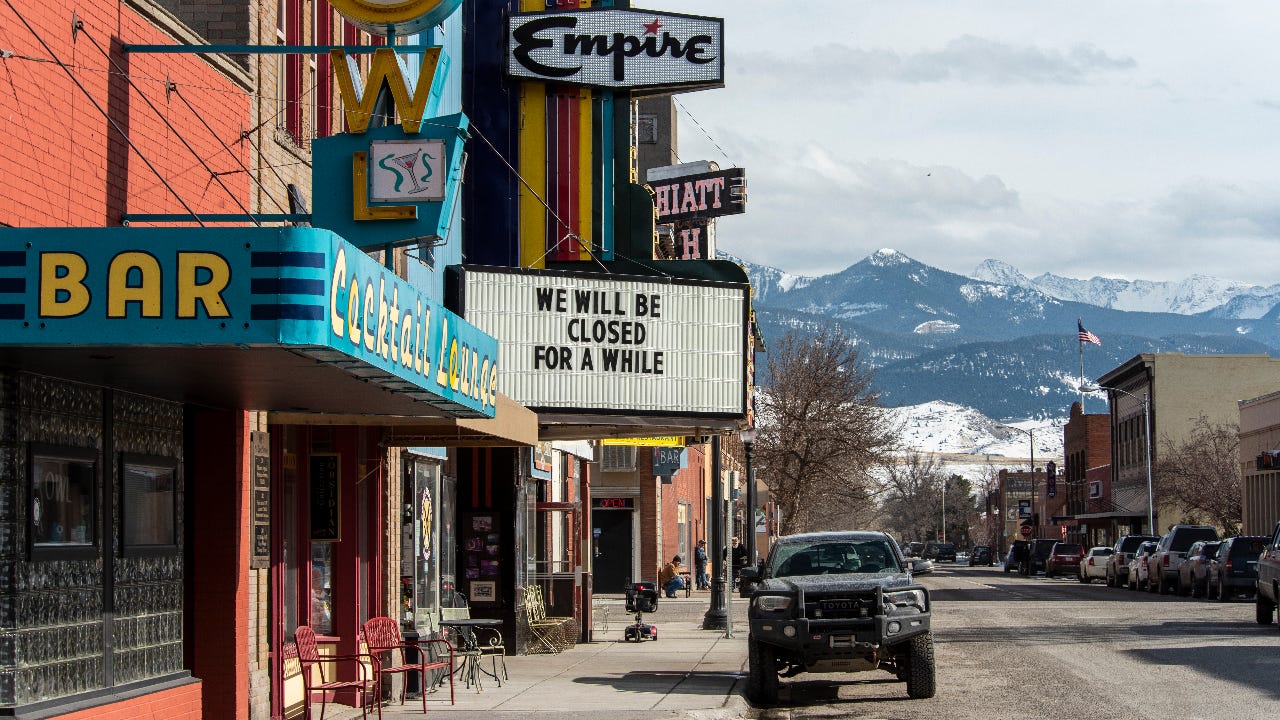
The U.S. economy capsized in the face of the coronavirus pandemic, and alarm bells are starting to sound over fears that the recession could morph into a protracted, deeper downturn – if it hasn’t already.
The majority of economists (or 79 percent) polled for Bankrate’s Second-Quarter Economic Indicator survey say the economy is in a recession, a call confirmed this week by the National Bureau of Economic Research’s Business Cycle Dating Committee (NBER). But 8 percent say the downturn is something else, while 13 percent say the economy is experiencing its first depression since the Great Depression.
By most experts’ definitions, a deep and prolonged period of economic hardship is what separates the inevitable recessionary cycle from its uglier counterpart, the depression. The first requirement has been all but fulfilled. In what’s described as the most devastating downturn in generations, the coronavirus crisis has caused employers to cut a cumulative 22 million jobs, with the unemployment rate tripling to its highest since the 1930s.
It’s the second part that’s still up in the air. The U.S. economy is showing signs of rebounding, with employers in May hiring again and joblessness creeping down to 13.3 percent. Yet experts have emphasized that a long road still lies ahead for the job market and the economy overall after being at their best in decades just three months ago. Fears of a second wave prompting another round of lockdowns could kick an ailing economy while it’s already down; meanwhile, a prolonged demand slump could force employers to permanently close their doors – stranding even more workers on the sidelines.
It all illustrates just how precarious of a position the U.S. economy is in as the country inches toward the pre-pandemic normal. Here’s how the nation’s top economists are reading the situation.
Economists’ survey: What they said
» The U.S. economy is in a recession

The sudden stop the economy experienced in March and the magnitude of the downturn are unprecedented. The second quarter is most certainly going to be one of the largest contractions in history. While we do expect growth to rebound relatively quickly, the depth to which payroll employment has fallen and the hangover from social distancing will likely keep third quarter growth in negative territory, before economic activity resumes more robustly in the fourth quarter. All this also hinges on broader public health measures to slow the spread of the coronavirus.— Mike Fratantoni, chief economist, Mortgage Bankers Association

Plunges in employment, income and output indicate a recession; though the duration may be short, the depth is extremely severe.— Bob Hughes, senior research fellow, American Institute for Economic Research
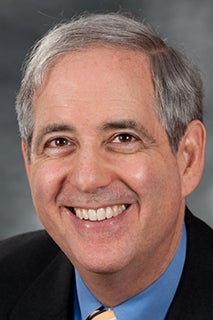
Clearly the economy is in a recession due to the necessary response to the current pandemic. I reserve the use of the term “depression” for an exceedingly long (three years or more) period of reduced economic activity with minimal, if any, growth over that period and a persistently high (double-digit) unemployment rate.— Bernard Markstein, president and chief economist, Markstein Advisors
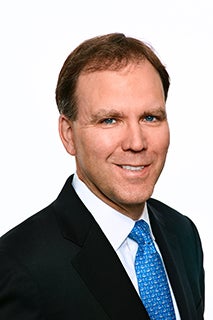
It will be a short recession – just three months probably – but also an incredibly severe one.— Jim O'Sullivan, chief U.S. macro strategist, TD Securities
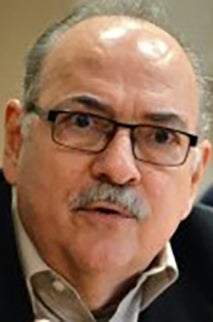
Like an induced coma, I’d call it an “induced recession.” It is a recession, and it was caused on purpose to slow the spread of the virus. However, these things take on a life of their own, and once you have an induced recession, you also have lost control of the process. There is no simple rewind and restart. It is no longer the same economy. Time marches onward, and in only one direction.— Robert Brusca, chief economist, Fact and Opinion Economics

The NBER’s Business Cycle Dating Committee bases its decisions on the depth and duration of the downturn. Technically, a recession ends when the economy begins growing again. However, it will likely be many quarters before we get back to the level of GDP seen in the fourth quarter of 2019, and we may never get back to the previous trend.— Scott J. Brown, chief economist, Raymond James

This is not a V-shaped recession. The virus risks remain elevated. Many states are opening at the same time that cases are rising. Much more testing and tracing are needed. Even countries with early success in battling COVID-19 with testing and tracing, such as South Korea, are suffering new infection clusters since businesses have reopened. Pandemic fatigue is real, but just because we are tired of it doesn’t mean it is over. There is a long road ahead for cautious and methodical reopening with more governmental support (read: aid and stimulus) needed to help get households, businesses and state and local governments back on solid ground.— Yelena Maleyev, associate economist, Grant Thornton LLP

A recession is “a significant decline in economic activity spread across the economy, lasting more than a few months.” It’s clear that we’ve seen a widespread, significant decline in activity. The open question is, how long will it persist? While a summer bounce back in activity is likely, the economy won’t make up all the ground right away. I expect this period will ultimately be called a recession, but it will be unlike any other in recent memory, marked by see-sawing economic activity over the next year.— Danielle Hale, chief economist, Realtor.com

The economy is in a severe recession, not a depression. There are several conditions for a depression, and we only know one of those conditions will be met: the depth of the downturn. Duration of the recession is also an important characteristic of a depression along with deflation.— Ryan Sweet, director of real-time economics, Moody's Analytics

[The coronavirus crisis is a] singularly unique economic event in U.S. history, but with a massive stimulus to support the lost income, [it] will be followed by a new burst of spending as the economy steadily reopens and a vaccine is eventually discovered.— Lawrence Yun, chief economist, National Association of REALTORS(r)

The U.S. economy experienced a government-imposed, health policy sudden stop in March. Sectors like housing and home construction show signs of stabilization in April and May, although the lingering economic affects of historical levels of unemployment are likely to linger until the health crisis has passed.— Robert Dietz, senior vice president and chief economist, National Association of Home Builders

The U.S. economy is a casualty of the coronavirus pandemic and will suffer a sharp contraction in the second quarter of 2020 because it’s hard to spend when you have to stay at home. The historic job losses in the second quarter will be a significant drag on consumer spending. While this economic downturn is likely to make history in its severity, it is expected to be short in duration.— Odeta Kushi, deputy chief economist, First American Financial Corporation

A depression implies a multi-year event, such as the Great Depression, in which a country’s economy is dismantled to a large degree. Most of our country’s economic infrastructure will exist after the steep decline in second quarter GDP.— Robert Frick, corporate economist, Navy Federal Credit Union
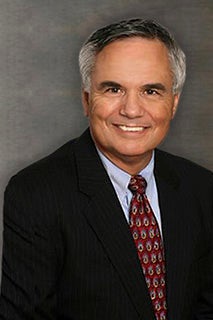
[It’s] a recession driven by shutdowns – no fundamental underlying weakness or distortion indicates a depression.— John E. Silvia, CEO and founder, Dynamic Economic Strategy

The U.S. economy is currently in a sharp and deep recession, but it remains to be seen whether it turns into a true depression. Much will depend on how the virus spread evolves, final tally of government support, and if a workable vaccine is found in time.— Scott Anderson, chief economist, Bank of the West

This is clearly a recession in terms of the widespread and deep economic losses. Its duration may be relatively short, while the recovery process will be a prolonged one. Recessions can have different triggers and the shock caused by the coronavirus was unprecedented in our lifetimes, although the 1918 recession (lasting seven months) appears to have been largely caused by the Spanish Flu.— Lynn Reaser, chief economist, Point Loma Nazarene University
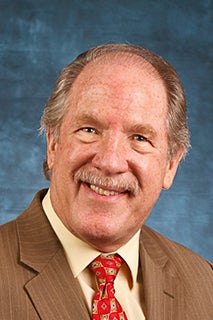
Although we have depression-like stats on jobs etc., this will be short-lived. Millions of firms [are] anxious to get back to work and recall workers (or upgrade). Recession [will last] for a year.— Bill Dunkelberg, chief economist, National Federation of Independent Business

At the best case we are currently in a recession; however, we could well enter a depression. The toxic combination of debt and deflation is a significant risk to the outlook.— Constance Hunter, chief economist, KPMG
» The U.S. economy is in a depression

I suspect the economy is at the beginning of a depression. Wise policy on the public-health front and economic fronts could shorten the depth and timespan so as to render it “just” a recession, but given current federal leadership, I am not optimistic.— Issi Romem, economist & founder, MetroSight

I define a depression as when the economy sustains an unemployment rate above 15 percent for nine months or longer. I expect that to occur.— Steve William Rick, chief economist, CUNA Mutual Group

The current status of the U.S. economy is comparable to the beginning of a depression. It may not last for 10 years like the great depression of 1929 due to the digital transformation. However, it will not recover quickly as a typical recession. The economy will have a structural change, especially the service sector. More people will work at home and there will be significant changes in sectors of transportation, hospitality, entertainment, sport, education, etc.— Tenpao Lee, Ph.D., professor of economics, Niagara University
» The current downturn is something else
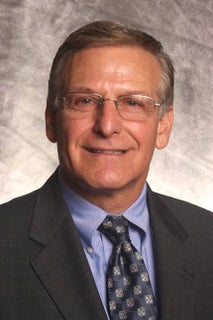
It is unclear how this year will be titled. It is not likely that the massive declines in activity, which would imply a depression, will be sustained long enough to truly categorize the situation as a depression. But for at least for two or three months, we were in a depression. It is also possible that, looking at the NBER recession definition, we may see that the downturn in activity lasted less than six months, which would make this the shortest of contraction categorized as either a recession or depression on record. Thus, whatever tag this downturn is given does not matter.— Joel L. Naroff, president, Naroff Economics

The data for this period will behave more like a long hurricane than a short recession. About 80 percent of the collapse will be reversed as shutdowns are lifted, i.e. those components will “toggle up” after “toggling down.” The remaining 20 percent of the collapse, in places like Manhattan, will prove more problematic until a vaccine is available.— Mike Englund, chief economist, Action Economics
Featured image by William Campbell of Getty Images
Learn more:
- How the Fed’s rate moves impact you
- 7 steps to recession-proof your finances
- When will the economy recover from the coronavirus shock?
Why we ask for feedback Your feedback helps us improve our content and services. It takes less than a minute to complete.
Your responses are anonymous and will only be used for improving our website.


